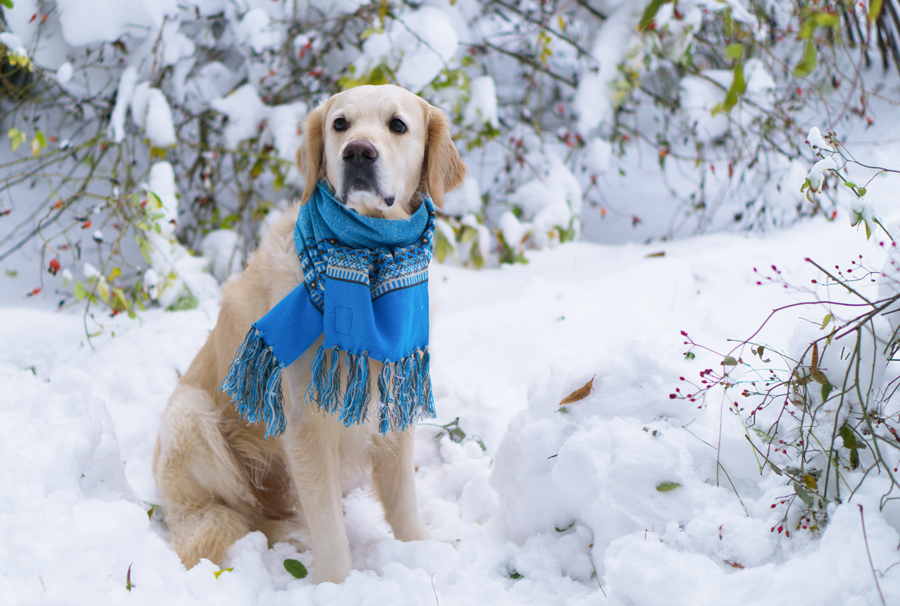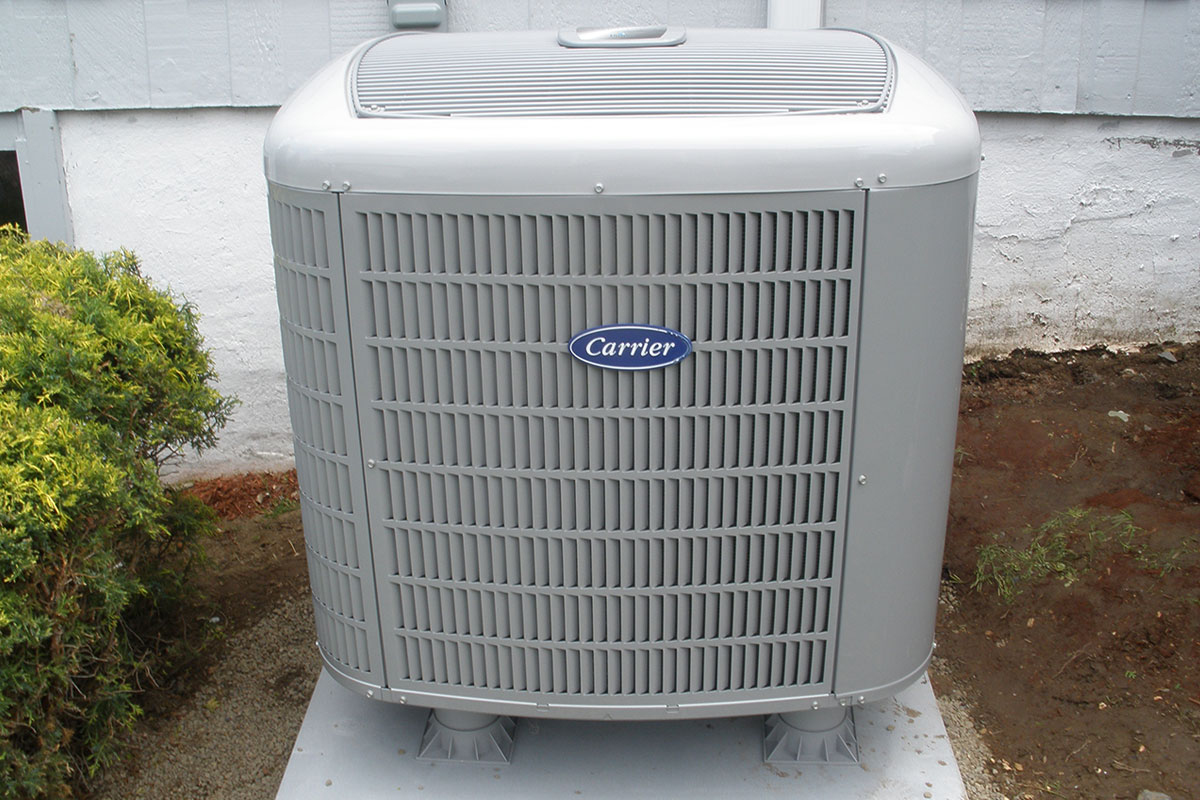If you’re an avid fan of walking your dog, you should be aware that winter walks can be painful or potentially dangerous for your pooch. To prevent and injury (or worse) to your favorite canine companion, follow these expert tips and keep them safe and comfortable.
- Consider installing a humidifier in your home. Coming in from the extreme cold of winter can cause itchy, flaking skin (both for you and your pets!).
- Towel dry your pet as soon as he returns inside. Be sure to pay extra attention to paws, pads and in between toes. Take care to remove any snow or ice from the paws.
- While we like our pets to be attractive and looking good, avoid grooming your dog with a close shave to the skin in winter. That layer of fur on your dog is all she has to protect her from the winter cold.
- Consider buying a coat or sweater for a short-haired breed, perhaps with a high collar or turtleneck to cover from the base of the tail to the belly. Many dogs should absolutely have this for winter.
- For long-haired breeds, a good daily brushing to ensure excess hair is removed should be effective. Don’t neglect hair between her toes… keep it dry and clean.
- If you go on longer walks during the winter, consider bringing a towel to clean your dog’s paws. Road salt, ice, snow, and harsh chemical can irritate and sting her paws.
- Avoid bathing your pet during extreme cold weather. Too-frequent washing can eliminate essential oils from their skin and increase the change of developing dry, flaky skin. If your pet absolutely must be bathed, ask your groomer to use a moisturizing shampoo or rinse.
- Protect your dog’s paws from the extreme cold ground, ice, snow, and harsh chemicals with booties or a treatment. We apply a wax-based treatment called “Musher’s Secret” to our girl’s paws before walks. The manufacturer recommends 2-3x per week, but we use it daily.
- Use pet-friendly ice melts instead of salt or harsh chemicals. They are usually available at your favorite pet supply store.
- Antifreeze or automotive coolant is a lethal poison for dogs and cats. Older coolants had a sweet flavor and were very attractive to pets. Consider using products that contain propylene glycol instead of ethylene glycol (the older formula). You must thoroughly clean up any leaks or spills from your vehicle.
- One of the best protections from temperature extremes is food. Pets burn extra energy during extreme lows, and feeding them a little bit more during winter months can provide those extra needed calories.
- Be sure your pet has plenty of water available to stay hydrated and help keep her skin less dry.
- Ensure your canine or feline companion has a warm, comfortable place to sleep, ideally off an uncovered floor, and away from drafts and heating vents. Most pets will enjoy a pet bed or basket with a warm blanket.
- A great rule of thumb: if it’s too cold for you to be outside, it’s likely too frigid for your pet. Keep your animals inside on days of extreme cold weather.
- Left outdoors, animals can become lost, disoriented, get injured or die from exposure or predator attack.
- Don’t ever leave your pet alone in a vehicle, especially during temperature extremes.
Follow these tips to help keep your favorite pet comfortable and healthy through the coming winter!









